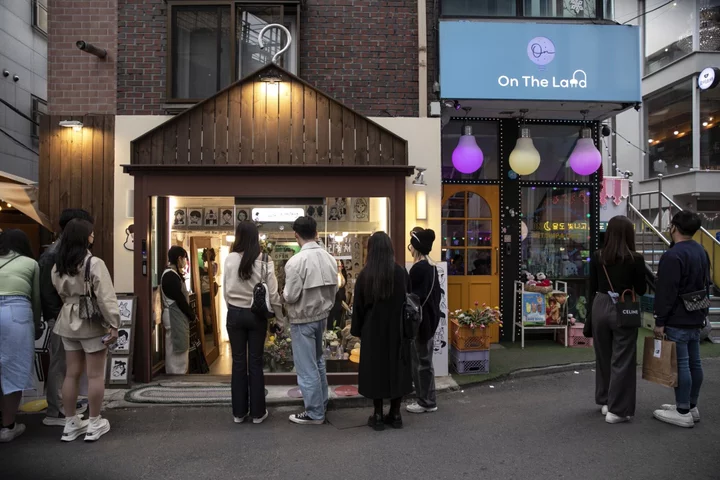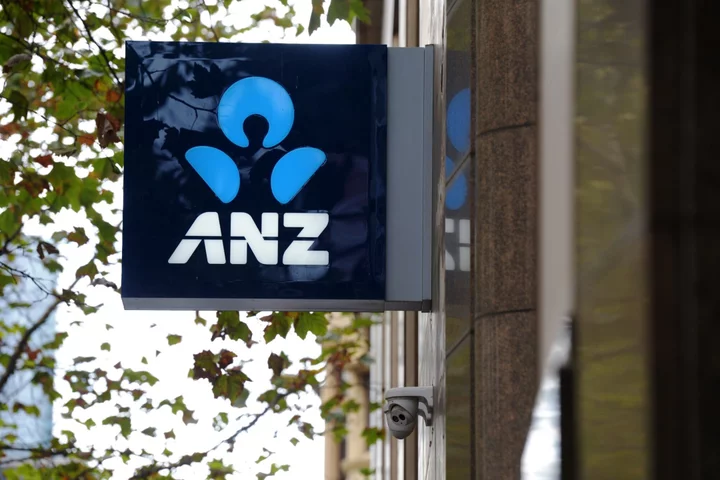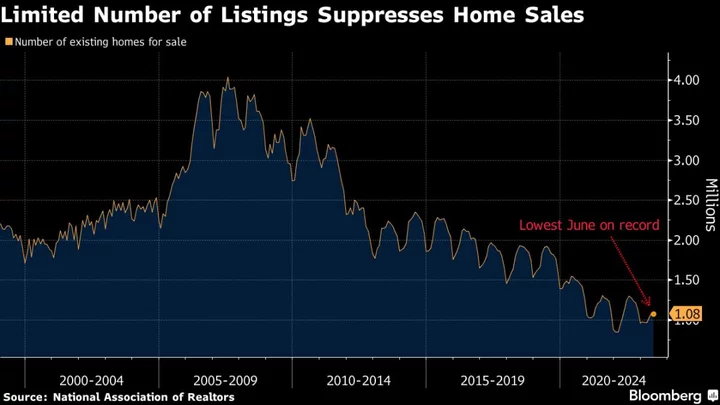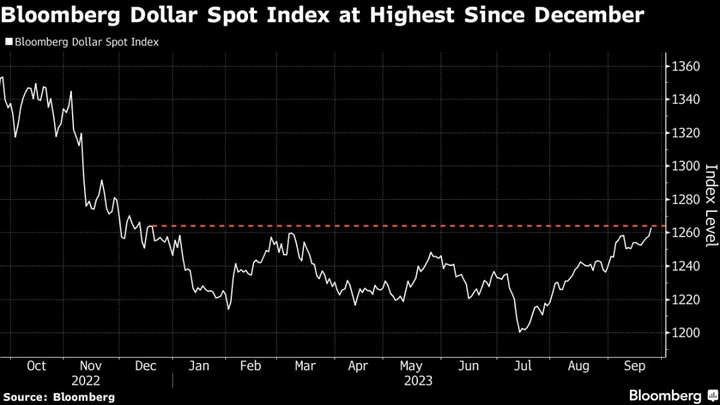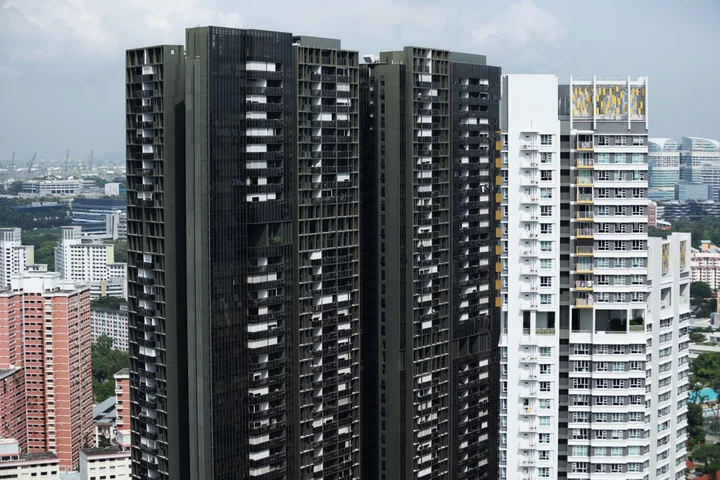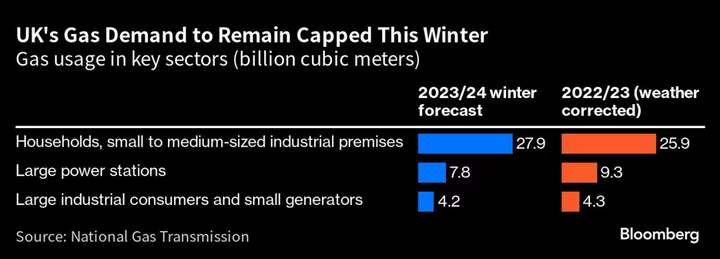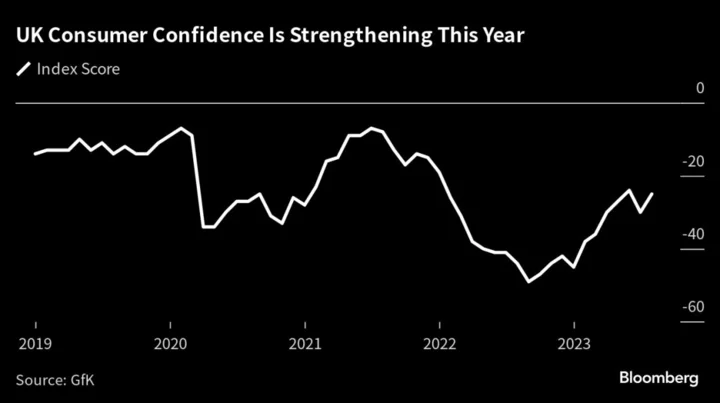South Korea’s inflation eased for a fifth month in June, bolstering the case for the central bank to hold its policy rate again when officials meet next week.
Consumer prices rose 2.7% in June from the prior year, the least since September 2021, according to data from the statistics office Tuesday. That was below economists’ expectations for a 2.8% increase. Core inflation, which excludes oil and agricultural prices, rose 4.1%, the least since May 2022 and marking a third straight month of deceleration.
While the slowdown in headline inflation may be welcome news for Bank of Korea officials, it remains above their 2% target and core price pressures have proven sticky. The figures — the final major economic data before the central bank meets to set policy July 13— provide scope for policymakers to maintain their pause on the key rate.
The BOK has kept its policy rate unchanged at 3.5% for the past three meetings, awaiting a sustained deceleration in the pace of price increases. At the same time, the country’s economic growth has weakened amid a slowdown in global demand for goods. Risks have mounted as the recovery in China has been slower than expected.
What Bloomberg Economics Says...
“What’s important is what the situation will be like later this year; We expect prices to cool, but there are many uncertainties and risks including increases in electricity and gas prices that could add inflationary pressure, and China’s growth trajectory.”
- Hyosung Kwon, economist
For his note, click here
While South Korea posted its first trade surplus in 16 months in June and overall shipments fell the least since October, chip exports and shipments to China— the country’s largest trading partner— extended declines. Future improvements in activity largely rely on a sustained pickup in China’s economy.
The surprising strength of core inflation has complicated the picture. Those prices, which exclude food and oil, have been slower to ease and show that underlying pressures remain firmly in the pipeline. The BOK in June flagged the risk that core inflation will persist for longer than expected, boosted by a tight labor market and local demand.
The persistence of core price growth has kept Governor Rhee Chang-yong cautious. He reiterated in June the need to see a sustained slowdown in inflation before pivoting policy. Meanwhile, the BOK expects prices to pick up again later this year amid potential utility price hikes and oil price changes.
--With assistance from Myungshin Cho.

